On the whole, 2022 was an average year, with exceptional films sprinkled sporadically throughout the 12 months. Although more movies are now hitting screens than during the height of the pandemic, there were few peaks or valleys, and mainly a plateau of average-to-good releases. Even at the Cannes Film Festival, there were a few standouts—and those that did made it onto the list below—in what was an otherwise below-average lineup based on some 30 films I saw there. (Even a programmer at a major fall festival noted off the record that this was not a strong year.)
Although 2022 ended on a subdued note after many of the high profile, highly touted fall releases failed to click with audiences at the box office, here’s to 2022’s bright spots. In some ways, compiling the list was fairly easy; there was more freedom to pick and choose, since there were only a few no-brainers that absolutely had to make the cut. Perhaps it’s fitting then that most of the titles, though complex and varied in genres and styles of filmmaking, aren’t, well, cheery.
Charlotte Wells’s deeply moving debut is a rare and subtle achievement, one that manages to be both cryptic in the details of its plot and immediate in its emotional impact. We never learn why Calum (Paul Mescal) has come to an apparent standstill in his life. Yet we sense his inner pain and listlessness, even if there are only subtle outward manifestations. We also never know for sure what changed after the summer vacation he shares with his daughter, Sophie (Frankie Corio), nor what drives Sophie as an adult (Celia Rowlson-Hall) to revisit the home videos she made of their time together.
Much of the beautifully acted film’s success stems from Wells’s facility for animating small moments with drama, and for isolating significant details that hint at a rich emotional subtext. Mescal’s performance is full of warmth and pain, understatement and exuberance. Corio, however, might be one of the best child actors I’ve seen. Effortlessly idiosyncratic, she is equally convincing goofing off with a camcorder or quietly observing older kids.
Best of all may be a recurring sequence—perhaps imaginary—in which Sophie tries to reach her father in a dancing, strobe-lit crowd. By the end, the image of him lost among the dancing bodies has come to encapsulate the sense of longing that this movie evokes but does not resolve. (Still in theaters. Streaming begins on December 20) Andrew Plimpton
Martin McDonagh returns to the rural Ireland that provided a setting for many of his best plays (The Lieutenant of Inishmore). After years of companionship, Colm (Brendan Gleason) has decided to sever his friendship with Padraic (Colin Farrell). He’s tired of their aimless conversation and wants to dedicate the rest of his life to something that matters, like his music. Yet on this small island, there are few friends to be had, and Padraic refuses to believe Colm. Their quarrel, at least at the beginning, often sounds like children arguing on a playground.
By the end, the scenario becomes comic and mythic as the quarrel pushes the two men to bizarre extremes. There is grotesquerie, both in Colm’s pledge to cut off a finger every time Padraic speaks to him and in Padraic’s utter melancholy and inability to accept Colm’s terms. Yet their fight is peppered with inconsistent acts of kindness and solidarity. This compelling portrait of rage and dissatisfaction in a sleepy hamlet was filmed against a lush green landscape that is brilliantly at odds with the violence that takes place. And, of course, being a McDonagh film, it’s also very funny.
All the acting is strong, yet Colin Farrell must be singled out. It might just be his best performance: vulnerable, needy, and incredibly unflattering in a way that recalls the late John Cazale. One has the sense that Farrell is going somewhere he never has been before. (HBO Max) AP
Bardo: False Chronicle of a Handful of Truths
Ignore the unwieldy title. Alejandro G. Iñárritu’s film was designed to be seen on the big screen (where have we heard that before?), though it is now streaming on Netflix. The widescreen experience is the optimal way for viewers to give into the director’s visually hypnotic worldbuilding as he pulls out all stops in some of the most elaborately directed scenes of any year—there is a cast of thousands.
Iñárritu turns a self-referential, introspective autofiction psychic trip into a fun house of warped anamorphic imagery. Because the film revolves around an internationally acclaimed journalist—with one foot in the States and the other in Mexico—looking back at his life, it has been compared to a Fellini 8 1/2 retread for its for anything-goes ambience, yet Iñárritu has created his own playful and fantastical concoction. It’s not a self-conscious substitute.
One upside to watching this at home: Viewers are left to their own discretion for the best way to loosen up and let the images and soundscape wash over them. In a few years down the line, the film’s mixed critical reception will be seen as an erroneous hot take. (Netflix) Kent Turner
At first glance, this mystery may come across as Park Chan-wook’s variation on the American erotic thrillers of the 1990s, but he eschews the garishness of Paul Verhoeven and Brian De Palma’s offerings in favor of a more subtle, enigmatic, deeply melancholic, and playful approach. A deeply admired detective, Hei-jun (Park Hae-il), is called to a potential homicide, and suspicion immediately falls on the victim’s wife, Seo-rae (Tang Wei), a Chinese transplant to South Korea. Everyone else thinks she is guilty, but Hei-jun gives her the benefit of the doubt—he’s also immediately attracted to the widow, though he’s married. These impulses drive the policeman’s actions. Meanwhile, Seo-rae is either genuinely reacting to Hei-jun’s feelings or playing him.
The movie does not answer that question until the end, but Park clearly enjoys dangling it in front of us like a cat’s toy. Within this framework, there are fantasies, flashbacks, switchbacks, and all manners of sleight of hand, but none of it is fussy at all. Park brings plenty of allusions to Hitchcock here, especially Vertigo, but unlike Hitchcock, Park perhaps harbors a deeper empathy for his characters, who are unfailingly flawed. At one point, after sensing betrayal, a disarmingly vulnerable Hei-jun states he feels shattered. By the end, audience members will be left just as devastated. (MUBI) Paul Weissman
In her acclaimed 2008 documentary, The Order of Myths, about still-segregated Mardi Gras celebrations in Mobile, Alabama, Margaret Brown briefly touched on America’s last known slave ship, the Clotilda, and its illegally transported human cargo. Twelve years later, the filmmaker returns to her former hometown to explore this once hidden, but never forgotten, history in fuller, layered detail.
Through the voices of the direct descendants of the vessel’s captives, community activists, historians, and archaeologists, Brown traces two crimes and their impact on generations of Black families. The first was committed in 1860 when a prominent White businessman, Timothy Meaher, flouted the ban on the importation of slaves by smuggling 110 West Africans into Mobile and then scuttling the Clotilda. The second is the environmental harm suffered by the local Black community founded by the ship’s enslaved passengers, caused by polluted land still owned by the Meaher clan.
However, this is also a tale of resilience and hope. When the wreckage of the Clotilda is discovered in 2019, Brown follows the descendants as they organize to reclaim their long-buried history Especially moving is the reading of Clotilda survivor Cudjo Lewis’s account in Zora Neale Hurston’s Barracoon by a member of his family. Notably absent here are the Meahers, who never responded to Brown’s invitation to participate. Their silence speaks volumes. (Netflix) Wilda Williams
There’s a lot to admire in John Patton Ford’s fleet and sure-footed debut. Struggling in a rapacious gig economy, a young woman facing mountains of debt turns to fast crime for quick cash. And why shouldn’t she? The system is stacked against her, and she’ll seize whatever tool will work. The film revels in savaging unfair work arrangements, letting the protagonist melt down in not just one but two tantrums in the offices of condescending corporate tools.
With a steely focus and simmering frustration, Aubrey Plaza skillfully plays poor Emily, a misanthropic, borderline friendless person who takes almost too eagerly to moneymaking con games that pit her against brutes and cutpurses. (Emily already despises her life, so it doesn’t feel like much of a stretch for her to embrace crime full-time.) An unlikely alliance with her cagey but charming boss/groomer looks to bring some luck, but how long can that last?
Though the film goes deeply into the tense, gritty details of Emily’s rip-offs, it’s not quite believable when she overpowers two very large, very mean men. Nevertheless, this is a deadpan portrait of a lonely woman pushed to the brink and a sharp critique of today’s cold-hearted capitalism. (Netflix and other platforms) Caroline Ely
Polish director Jerzy Skolimowski has been making movies for more than 60 years, and he has won numerous film festival prizes since the 1960s. His films have ranged from semi-autobiographical dramas to thrillers, and at least one costume drama. Now at age 84, he has uncharacteristically whipped up a fanciful, free-flowing fable as spry and energetic as any movie in 2022.
His peripatetic camera follows Eo, a donkey, who was once part of a circus act, trekking across Europe as he observes his various owners and guardians: farmers, a rambunctious small-town soccer club, adoring children, among the many. However, humans don’t always come across so well here, running the gamut from the benevolent to the brutal. Appropriately, the title comes from the Polish translation for hee haw.
Certainly, one episode sticks out of place, featuring a slightly unhinged Isabelle Huppert. Yet overall, the film is a feat of cinematography, music, and editing, resulting in fluid and dazzling transitions and wildly shifting moods. In one sequence, the ambience nearly turns into a dark fairy tale set in a nighttime forest. Enjoy this hypnotic, perfectly timed 86-minute ride. (In theaters) KT
In light of the Supreme Court’s June decision to overturn Roe v. Wade and once again make access to abortion in the United States difficult—and likely dangerous—Audrey Diwan’s achingly personal study of a young French woman, who has distressingly few options to deal with her unintended pregnancy in 1963, is more disturbingly pertinent than when it was originally released last spring, prior to the decision.
Based on Annie Ernaux’s 2000 autobiographical novel, Anne, an intelligent, independent-minded 23-year-old college student, confronts the condescending patriarchal mindset of her school, doctor, and pretty much everyone else, including her closest confidants. Anchored by a moving and beautifully modulated performance by Anamaria Vartolomei, Diwan’s drama subtly and devastatingly explores the real and lasting emotional impact of having no viable choices. The implications for Anne’s future are laid bare with empathy and honesty as Diwan illuminatingly depicts how difficult it is for any woman to make such an important decision—especially one that could lead to a lengthy prison term for her and anyone who helps her. (AMC+ and other platforms) Kevin Filipski
Devoted Christians Mariana (Mari Oliveira) and Michele (Lara Tremouroux) are best friends and part of a church’s all-female singing group. At night, they and their cohorts rampage as masked bullies, beating up women they consider impious—if they are sexually active or lesbian (basically any woman that doesn’t fit their criteria of purity and submission)—to force their prey to repent.
Brazilian director Anita Rocha da Silveira’s Medusa immerses viewers into an evangelical dystopia perceived through the eyes and ambivalent emotions of young women who willingly enable the male-dominated system that controls them. This year, you won’t find another hard-to-classify film than this. It hypnotically morphs from one genre to another scene by scene (from horror to musical), while becoming a dazzling example of the admirable new crop of resistance cinema blooming in Brazil (Bacurau, Divine Love).
The political nature and social critique underlying the mayhem never prevents the darkly satiric film from being entertaining, sexy, or unpredictable. Rocha da Silveira trusts the spectators to discern right from wrong without directly preaching. There are a few lessons here that Hollywood could (re)learn. (Various platforms) Guillermo López Meza
Rest assured, this white-knuckle, harrowing debut by director Laura Wandel ends on a note of hope, and boy, is it needed. This may be the most stress-inducing, heartbreaking movie of 2022, and it’s only 72-minutes long.
The original French title, Un Monde (A World), is perhaps more appropriate for Wandel’s tough-minded reflection on growing up. The director creates an insular space for seven-year-old Nora (a great Maya Vanderbeque), the new kid in class, filming her up-close, almost blocking out others as though what only occurs in the here and now matters. The title could also refer to pupils learning and mastering the way of the world—betrayal, bullying, belittling—that plays out like Lord of the Flies at a middle-class, diversely populated Belgian elementary school.
Besides the handheld camera that can barely keep up with the chaos at recess, the open and vulnerable performances by all of the young cast makes the often violent incidents feel too close for home. (Wandel has mentioned the Dardenne brothers as a major influence.) Let’s hope that there was an onset therapist. The audience might need one too. (MUBI, and other platforms) KT


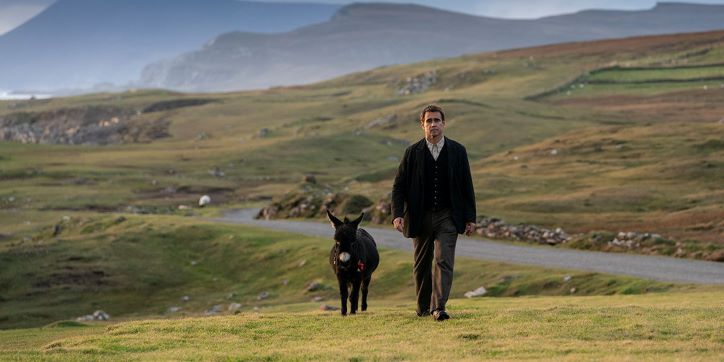
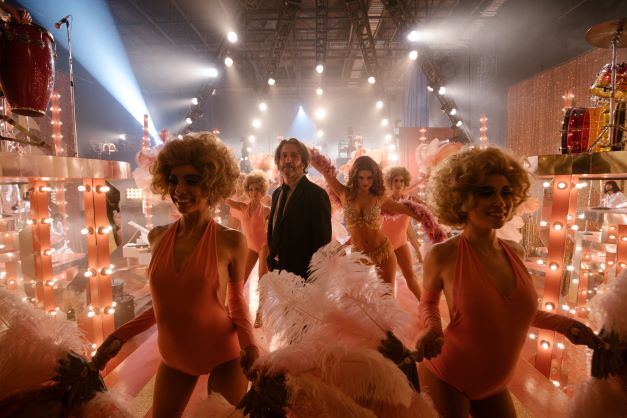
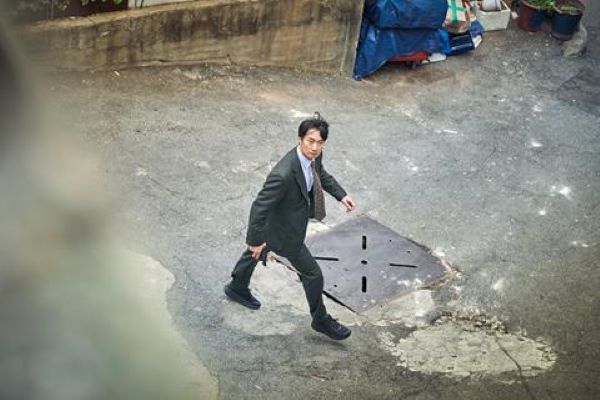
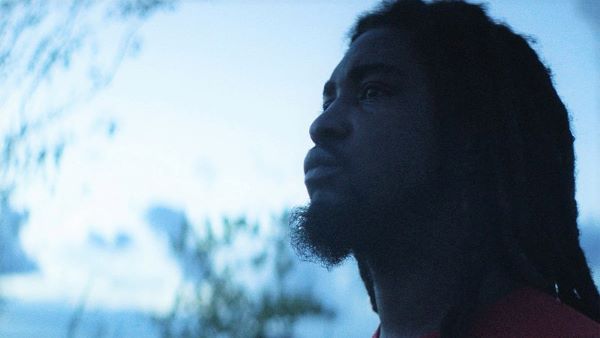
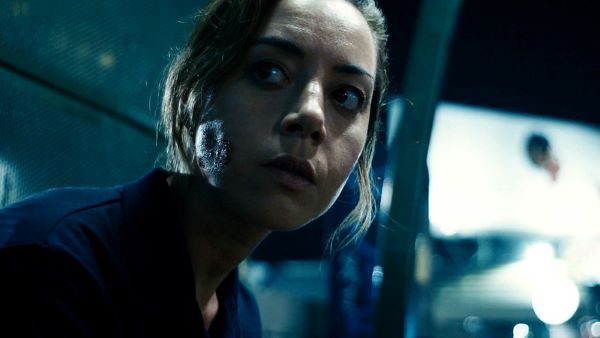

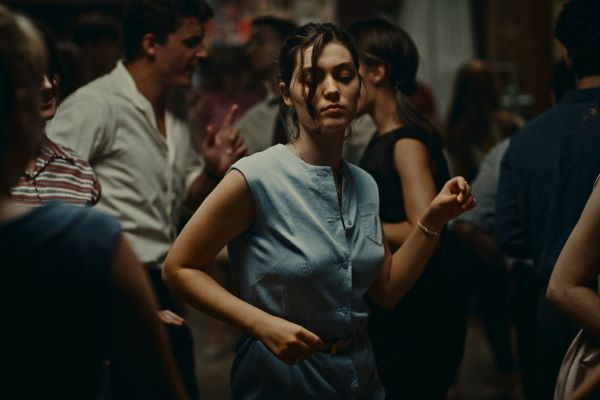
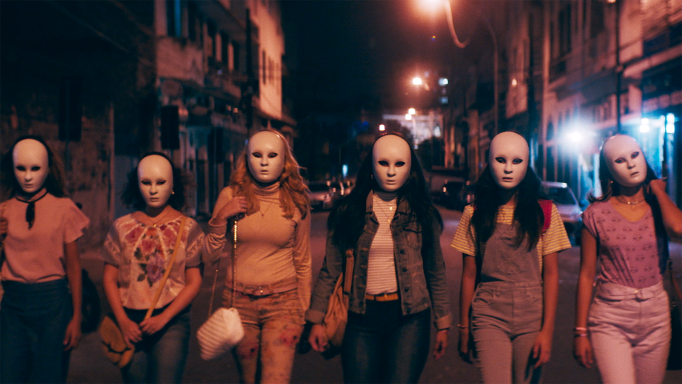
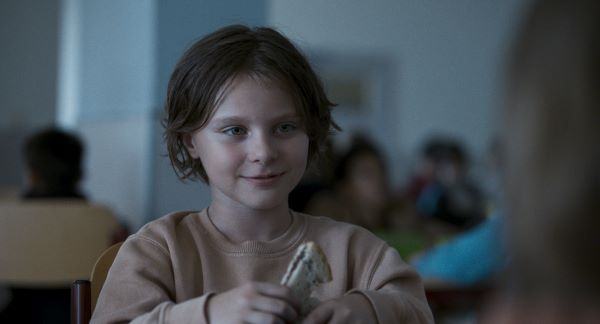





Thanks for the recommendations for the best films of 2022. I often rely on the NYT critics picks but this past year I’ve been mostly disappointed by their choices and their reviews, which sometimes feel oddly uninformed and without nuance and the work of very young minds that while talented will need more time to mature and move beyond their fresh-out-of-school preoccupations. Anyway, I appreciate the solid knowledge and independence displayed in the reviews on this platform.